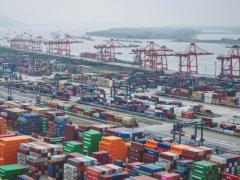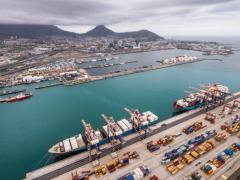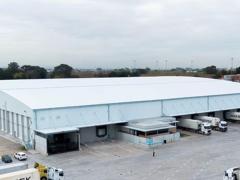The additional tariff increase that Eskom will impose later this year to recoup the R7.8 billion that it has under-recovered since it was granted an 8% increase by NERSA last year is going to hit deeply indebted consumers like a ton of bricks.
Independent economist Dawie Roodt said he expected an increase of between three and five percent which would add significantly to increased poverty levels among deeply indebted consumers and drive many into dire poverty.
The new tariff increase will come on top of the 8% increase that had been levied over the past two years.
"The tragedy is that Eskom actually cannot continue to supply power without an increase because of the inefficient way in which it operates with a bloated and inefficient staff and outdated power stations."
Neil Roets, CEO of one of South Africa's largest debt management firms, Debt Rescue, said there had been a steady decline in the ability by indebted consumers to repay loans.
With some 21.71 million credit-active consumers collectively owing around R1.44 trillion as at the end of March (according to the National Credit Regulator), the picture is gloomy to say the least.
Roets said one of the best ways for distressed consumers to get out from under their mountains of debt was to go under debt review.
"This enables them to negotiate a repayment package deal with their creditors that is affordable and at the same time protect their assets against seizure by debt collectors."
An issue that may have contributed significantly to the state of poverty of millions of consumers is the fact that unsecured lenders have not always been too concerned about checking on the affordability of the loans their clients are applying for.
"The free flow of unsecured loans from a host of banks and micro lenders who wanted to cash in on the booming unsecured lending industry meant that many consumers who were not credit-worthy were granted loans that they could not afford," Roets said.
Another factor that is going to impact on the credit industry is the fact that all adverse listings - with the exception on unpaid judgements - have been removed from credit bureau records thanks to the new Department of Trade and Industry regulations.
"This means that lenders have much less information about the consumer at hand and often have to rely merely on a pay slip without knowing how deeply indebted the customer already is."
Roets said a clear indication of just how stressed consumers had become was the steady increase in the number of consumers who were seeking relief by going under debt review.
"We are seeing double-digit growth in the number of new clients who are approaching us to help them out of their debt quagmire. Sadly we are not able to help all of those individuals who are seeking relief because at the very least they have to be employed and have to be able to pay back an agreed sum of money that we negotiate for them with their creditors," Roets said.
He said the overall increase in the cost of living in South Africa was having a devastating impact on poor and middle-class consumers.
"Many of these consumers had been working hard to uplift themselves to join the ranks of the growing middle class but with the costs of almost everything going up faster than inflation we are looking at hard times down the road."
Comments | 0












